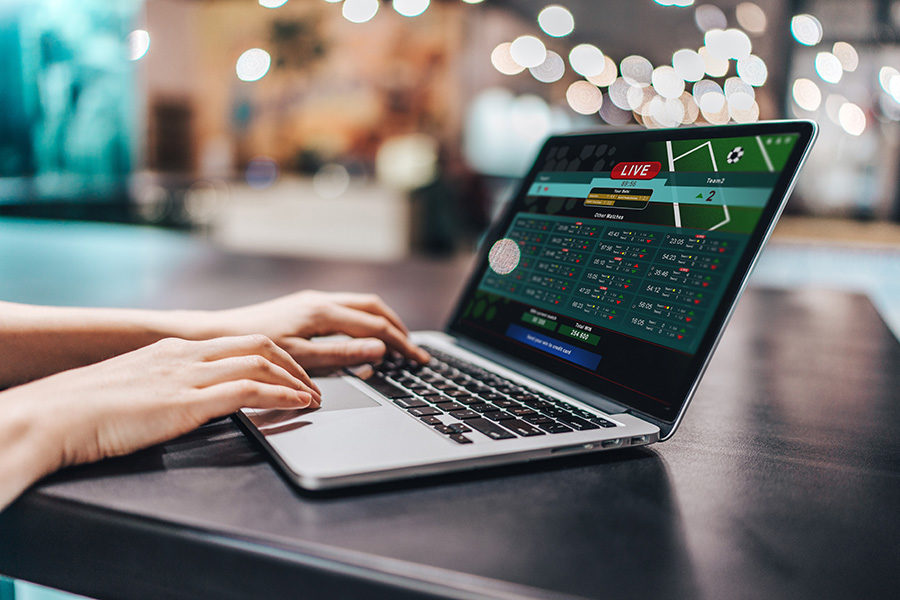German sports betting association welcomes increase in self-exclusions

Media had suggested the increase was caused by a rise in gambling harm.
Germany.- The German sports betting trade association DSWV has welcomed the increase in the number of self-excluded players in the country. It says the rise in self-exclusions is the result of improved player protection measures among operators.
The number of people registered on the OASIS system has increased from 47,000 in 2020 to 192,600. Some German media had been critical of the increase in self-exclusions in the last three years, suggesting that it showed that the opening of Germany’s gambling market under new legislation in 2021 had led to more people struggling with problem gambling.
SPD politician, Burkhard Blienert, Germany’s federal addiction and drug commissioner, told Editor Network Germany (RND): “The high number of player bans speaks volumes. It shows that gambling addiction really gets down to the substance, for the gambling addict and those around them.
“Since the vast majority let themselves be blocked, the suffering of many people must be considerable.”
Expansion of OASIS
However, the DSWV said this conclusion was a misinterpretation. It argues that the rise is because more operators are integrating with OASIS after the system expanded beyond the states of Hesse and Rhineland-Palatinate in 2021.
It noted that as recently as June 2021, only 464 gambling operators with 1,529 locations linked with OASIS – mainly gaming arcades in Hesse and Rhineland-Palatinate and some casinos and sports betting operations. This number has since risen to 6,400 operators running 29,500 venues as online gambling operators previously active on the grey market connected to the system.
It said that the increase in self-exclusions was “only logical” and that “an even higher increase should not have come as a surprise in purely statistical terms.”
DSWV president Mathias Dahms said: “It is not the number of gambling addicts that has increased, but the number of players who can be entered into OASIS and thus protected across all providers. The evolution of the OASIS figures is proof of successful player protection and the functioning blocking system.
“To derive a general attack against the State Treaty on Gaming or licensed gaming providers from the increased figures does not do justice to the history of the blocking system, nor to the improved player protection situation on the German gaming market.”
Germany’s OASIS system allows players to block themselves, but they may also be blocked by partners or family members. Gambling operators must put a block in place if a player shows signs of debt or gambling addiction.
The DSWV has been lobbying for more to be done to tackle black-market gambling in Germany. It argues that the country’s strict regulations for the regulated market make it more difficult to channel people away from unlicensed offerings.











